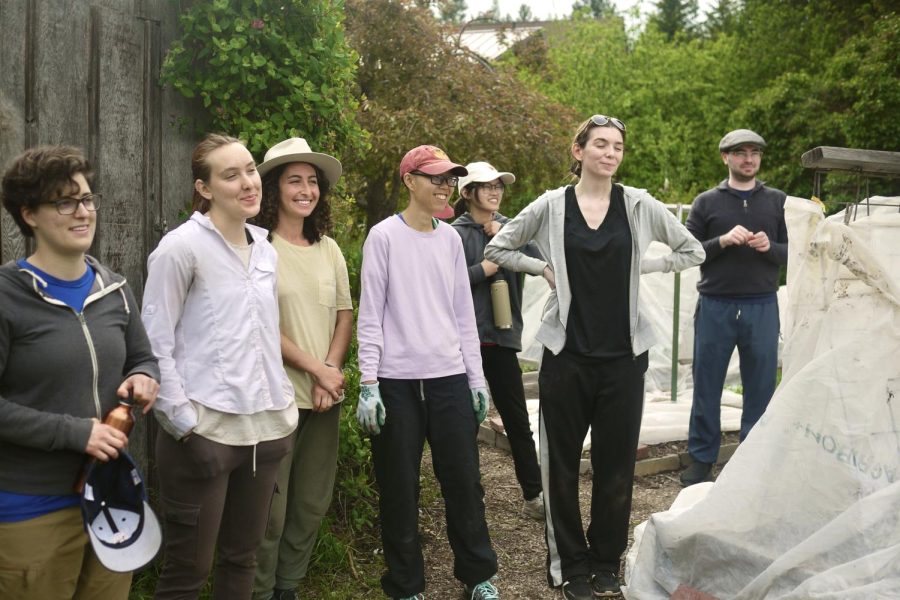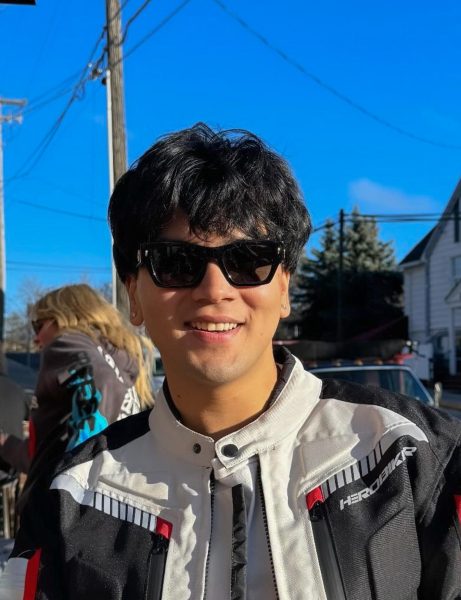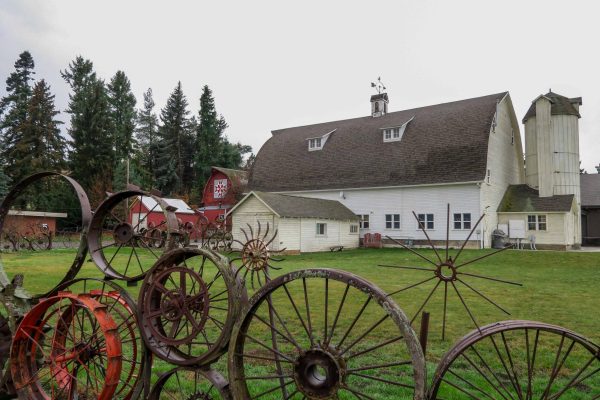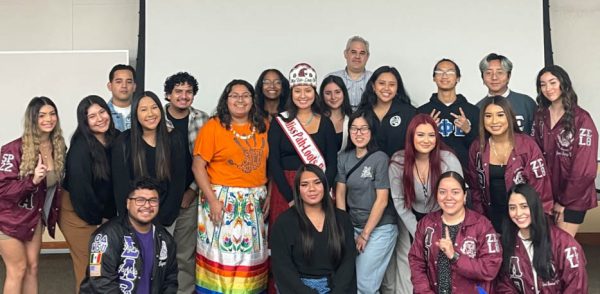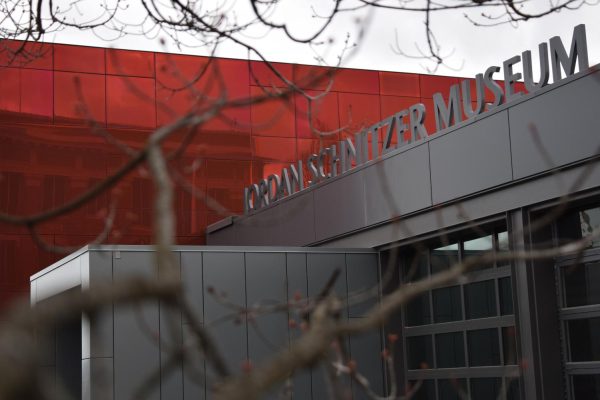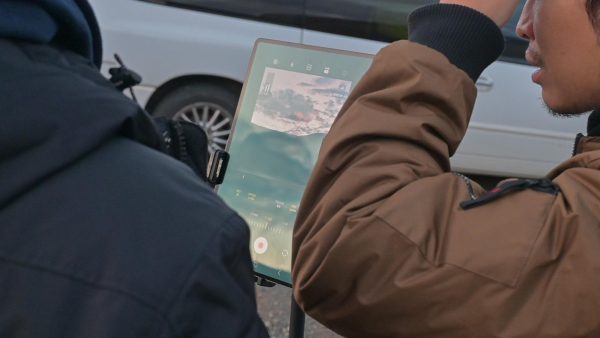Buddhism retreat for young adults to be held in June
The retreat is a safe place to discuss difficult philosophical topics
Participants of 2022 Young Adults Explore Buddhism program work in the vegetable garden
April 13, 2023
Sravasti Abbey is holding a retreat for young adults aged 18–29 to explore the faith of Buddhism.
The retreat, which is in its 17th year, is June 9–15 at 692 Country Ln, Newport, Washington and the cost are by donation. Venerable Thubten Chonyi, who was ordained in 2008, said that the program is for people of all faith backgrounds. She also said that the giving is about generosity, not a transaction, and that the young adult program depends on the generosity of previous donors.
“[Buddhism] is very inclusive. It’s not a religion that asks or demands that anyone give up a faith or give up their view. It’s very ecumenical in that way,” Chonyi said. “Anyone can come and get support from some of the basic teachings that the Buddha gave about working with our minds without having to become Buddhist.”
Young adults question what life is about, both personally and in general, she said. They look out at the world and realize that the values they hold personally are not necessarily reflected in the world. The retreat is a place to explore these questions with like-minded people.
A central tenet of Buddhism is that the greatest happiness comes from learning not to harm others, do what you can do, be of benefit to the world and that the mind has a lot of power to create your experience, Chonyi said.
Munsel Cohn is an anagārika, or trainee, who lives at the Abbey and previously went to the young adult retreat. Cohn said she was depressed before she found mindfulness in Buddhism.
“I tried to practice teachings that would help relieve me of anxiety and depression and they did. Teachers would say things like, you know, just follow your breath,” she said. “Practice coming back to the present moment. Forget the story. Drop the story. It’s just a story, don’t identify with it. And that was kind of huge for me because it really worked.”
At the retreat, the schedule follows the daily life of the monastic community that resides at the Abbey, Chonyi said. There is meditation in the morning. Later, there is a teaching about contemporary issues and a discussion. In the afternoon, time is spent building community through activities like working out in the forest.
Topics taught at the retreat vary depending on the group, she said, but they usually examine things like relationships, sexuality, and the purpose of work. Each day, participants think and discuss the deep questions of life from a Buddhist perspective without technology, as one of the rules is participants have to be offline.
Although those living at the monastery only eat two meals a day, the camp serves three meals a day, Chonyi said. The meals are vegetarian and can be catered to those who have certain food avoidances, like being gluten or dairy free. The housing situation is shared rooms separated by gender, all you need to bring is your own sheets and towels.
Cohn said that when people go to the retreat they are asked to abide by the five precepts of Buddhism, which are no killing, no stealing, no lying, no sexual misconduct and no taking intoxicants.
“So that helps to create a really healthy environment, a really kind of safe environment for people to really flourish, feel safe and just think deeply,” she said. “And so they get to live in those five precepts, which is really interesting if they don’t live that way before coming here.”
Even if one feels they will not be able to follow every precept after the retreat, they are still welcome, Chonyi said. You don’t have to hold all the precepts to be a Buddhist. The precepts don’t exist to demonize certain behaviors but rather to acknowledge that it is easier to tame the mind while following them.


